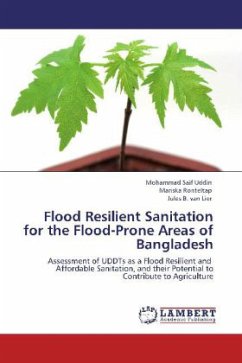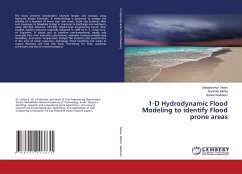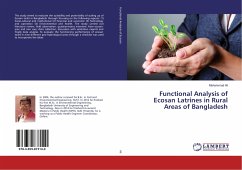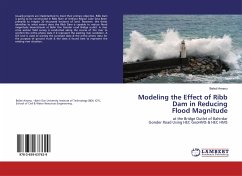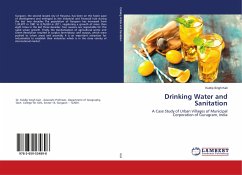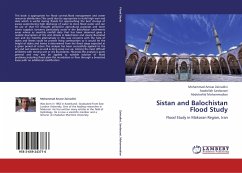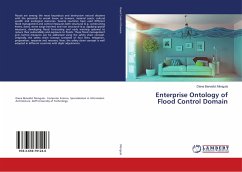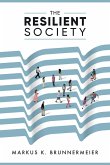Bangladesh has made a significant effort to supply improved sanitation facilities in rural areas. As the best known option, the pit latrine was the most favorite technology. Yet, as Bangladesh is a country of flooding and high groundwater table, pit latrines not only flush out and cause pollution, they also become inaccessible during floods, and remain filled with silt after the floods. Every year floods destroy many sanitation facilities and force people to resort to open defecation, despite the capitalintensive investment. UDDTs were evaluated on their suitability for flood-prone areas and their affordability in the context of Bangladesh. A survey conducted in two flood-prone areas of Bangladesh showed that with an average height of 0.69 m the UDDTs are higher than the average highest flood level of 0.31 m. To decrease cost and construction complexity, a local design was developed based on the current pit latrine, at 50% of the costs of the current UDDTs. Although the resultingprice is still not within reach for most Bangladeshi, the affordability can be increased if the avoided emptying costs as well as the added value of human excreta as a fertilizer are taken into account.

